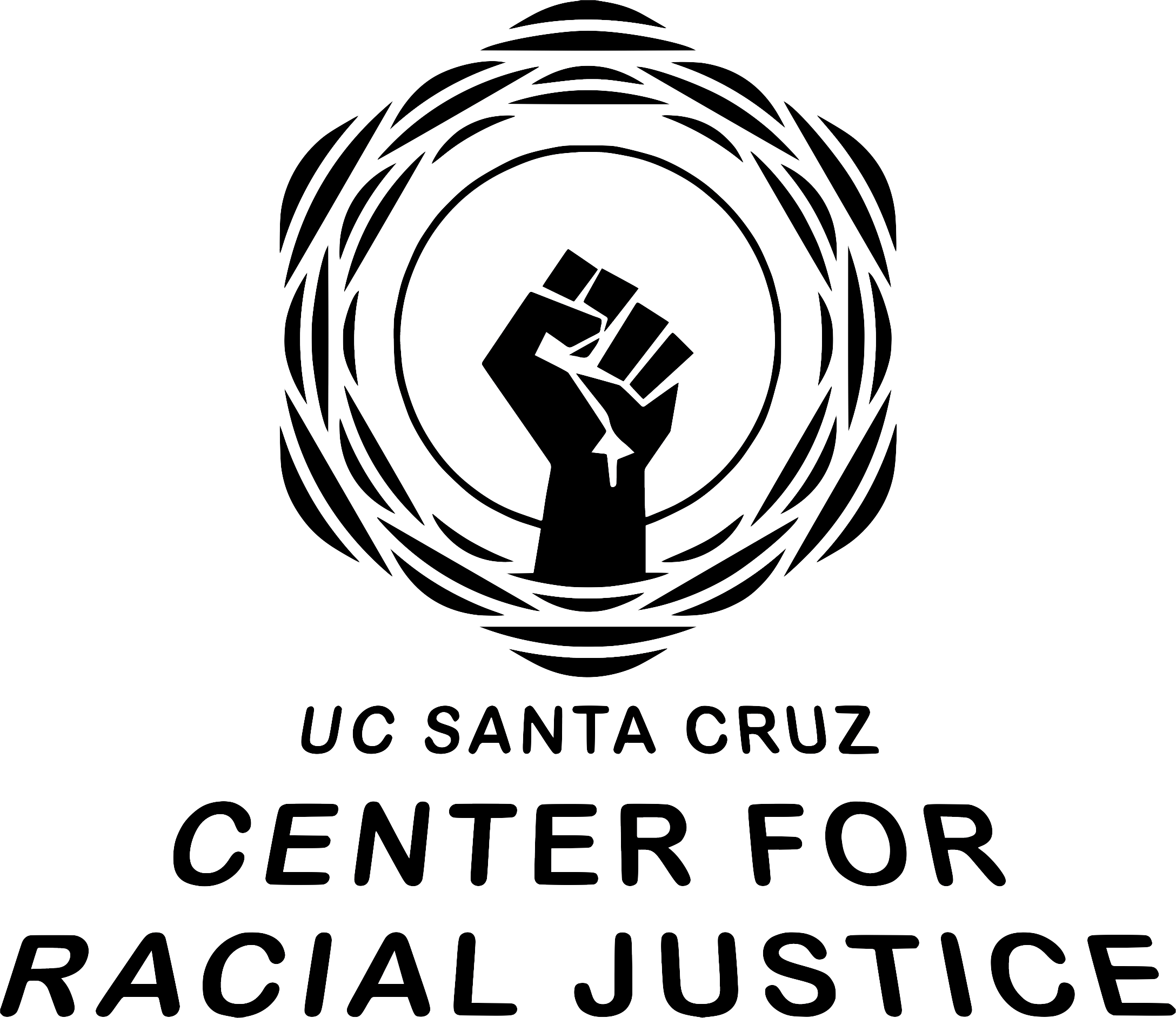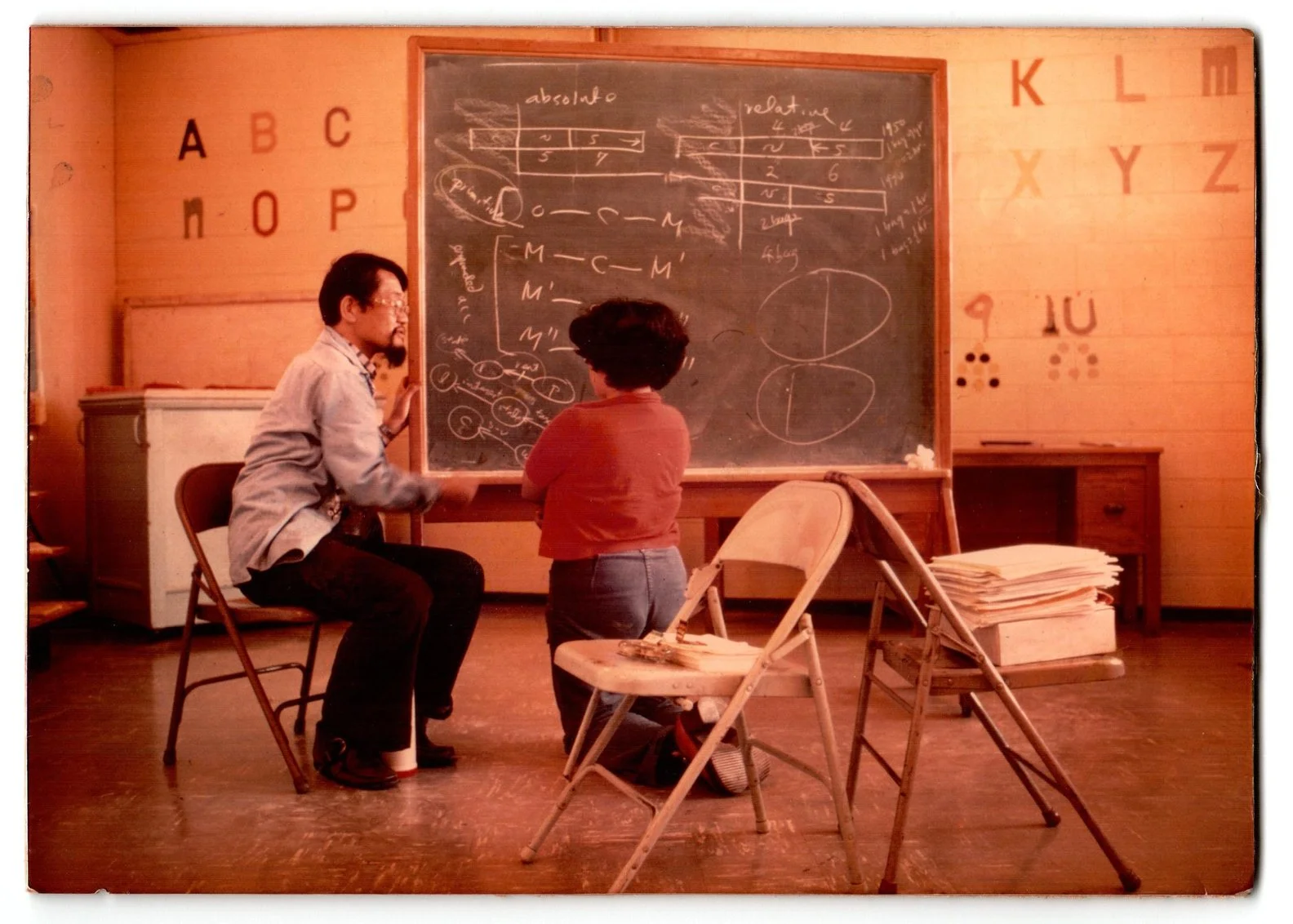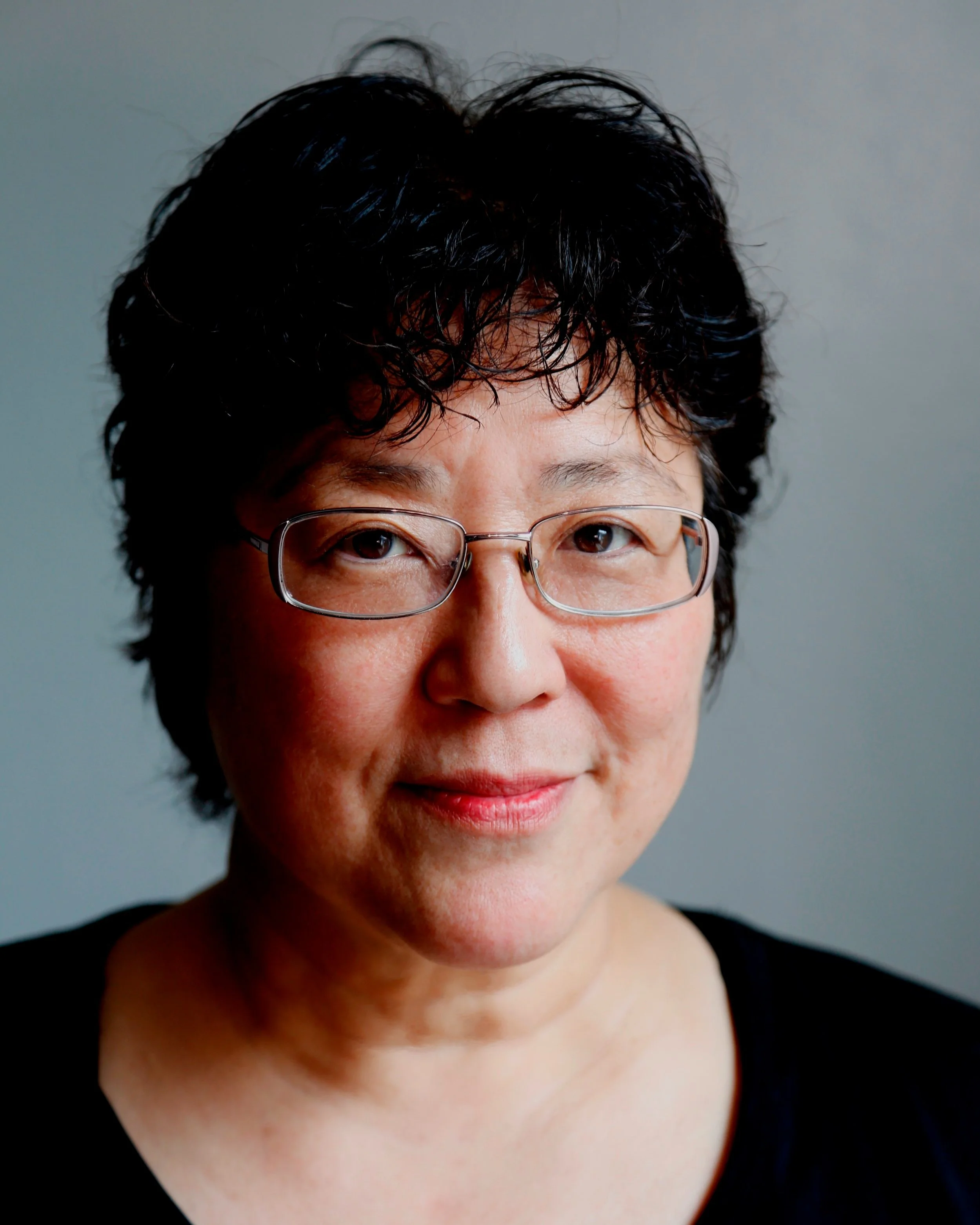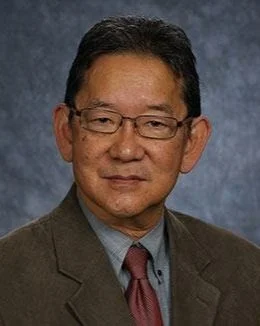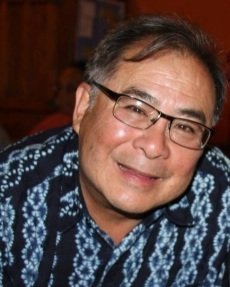Day 2: Revisiting the Writings and Legacies of Harry Chang, A Forgotten Theoretician of Race
Harry Chang and JT Takagi, Capital study group, Oakland, circa 1975
thursday, august 11, 2022 | 10am - 3pm
The second day focuses on the writings and legacies of Harry Chang, whose 1970s theorizations of racism through a Marxist lens shaped critical race theory, ethnic studies, and anti-imperialist community-based organizing in ways that are not broadly recognized. Although his ideas and methodological approaches to the study of race in the United States were innovative, deeply influential, and far ahead of their time, Chang himself remains a relatively unknown figure.
The speakers are five community organizers and scholars who took part in Harry Chang’s workshops and political education study groups in Ohio and the Bay Area during the 1970s.
10am - 12pm: Harry Chang on Race, Class, and Korea’s National Liberation
The first discussion, facilitated by Paul Liem and JT Takagi, revolves around Chang’s handful of published writings as well as one unpublished piece, all of which will be made available to the CRJ Summer Institute participants in advance. The speakers will furnish insight into Chang’s life, background, and political development so as to give context to his writings and their far-reaching, formative, and durable significance. They will explore the intimate connections between Chang’s pioneering critique of racial categories in the United States and his political commitment to anti-imperialist struggle abroad.
paul liem
Paul Liem met Harry Chang at Antioch College in 1972 where Chang taught courses on imperialism, Marx’s Capital, Race and Class, and Asian American Studies. Chang returned to the SF Bay Area in 1973, where he continued his studies, while leading study groups in reading Capital. He passed away in 1979. Liem is the beneficiary of Chang’s writings including unpublished essays and notes on U.S. capitalist development, including Racial Categories and Race and Class, and on Reading Capital. With other friends of Chang, he is developing an online collection of Chang’s work. Liem has also been active on Korea peace and reunification issues for four decades, visiting North Korea in three different decades. He is presently Chair of the Board of Directors of the Korea Policy Institute.
JT TaKagi
JT Takagi is an award winning filmmaker, sound engineer and educator. She is also the Executive Director of Third World Newsreel, an alternative media center that nurtures and promotes media by and about BIPOC communities and social justice issues through distribution, exhibition, production and training. Her own films focus on Asia, Asian American and immigrant issues and include four national PBS airings. Ms. Takagi teaches at the City College of NY and the School of Visual Arts MFA Social Documentary Program, and has sound recording credits on numerous PBS and independent films. She serves on the boards of Nodutdol for Korean Community Development and the Korea Policy Institute.
1pm - 3pm: Theorizing Race after Harry Chang
The second discussion, featuring Linda Burnham, Neil Gotanda, and Bob Wing, addresses the manifold legacies of Chang’s intellectual and political work, and the enduring reach of his thought on scholarly research and community activism alike. The speakers will introduce their own work on critical race theory, racism and U.S. politics, and white supremacy, explaining how Chang’s thought gave structure and direction to their research and organizing itineraries.
Linda burnham
Linda Burnham has been an activist, writer and strategist, focused on women’s rights and racial justice, since the 1960s. She is co-editor and contributor to the 2022 book Power Concedes Nothing: How Grassroots Organizing Wins Elections. Burnham served as National Research Director and Senior Advisor at the National Domestic Workers Alliance for nearly a decade. She co-authored, with Nik Theodore, Home Economics: The Invisible and Unregulated World of Domestic Work, the first national, empirically grounded study of domestic workers in the US. Living in the Shadows: Latina Domestic Workers in the Texas-Mexico Border Region, co-authored with Lisa Moore, was published in 2018. Burnham co-founded, with Miriam Ching Louie, the Women of Color Resource Center. She served as the organization’s Executive Director for 18 years. In the 1970s, Burnham was a leader in the Third World Women’s Alliance. Burnham has published numerous articles on African-American women, African-American politics, and feminist theory in a wide range of periodicals and anthologies. For the past few decades, Burnham has been a mentor to leading social justice organizers and advocates. She is currently working on a book about domestic worker organizing and on Project2050, an inquiry into strategic thinking on the left. Burnham’s writing and organizing are part of a lifelong exploration of the dynamic intersections of race, class and gender in the context of US politics.
Neil Gotanda
Neil Gotanda is Professor Emeritus at Western State College of Law. An original participant in the Conference on Critical Legal Studies and co-founder of the Critical Race Theory Workshop, he is co-editor of Critical Race Theory: The Key Writings that Formed the Movement (1995). His other publications include A Critique of “Our Constitution is Color-Blind”; (1991), and New Directions in Asian American Jurisprudence (2010). In 2008, he delivered the inaugural Neil Gotanda Lecture in Asian American Jurisprudence at UC Berkeley School of Law.
bob wing
Bob Wing has been a social justice organizer, activist and writer since 1968. He cut his teeth in the Third World Strike for Ethnic Studies at the University of California at Berkeley.
A proud “1968er,” Bob was part of the first wave of the Asian American and people of color movements in the United States. In his fifty years of activism, he has been involved in many intense and conscious efforts to theorize and build people of color and multiracial unity and to connect issues of war, racism, sexism and politics.
He was the founding editor of ColorLines, a national publication of race and organizing, and War Times/Tiempo de Guerras, a bilingual newspaper opposed to the war in Iraq in the early 2000s.
He has published on racial formation and racial justice, elections and electoral strategy, the fight for the U.S. South, Iraq and the Middle East, Asian American history and movements, sports, and his family’s six generations in the United States.
Bob is the proud father of Josina Morita, co-guardian/godfather to Tamierra Brooks, father-in-law to Cornell Collins, joyful grandfather to Kai and Meiko. He currently lives in Los Angeles.
